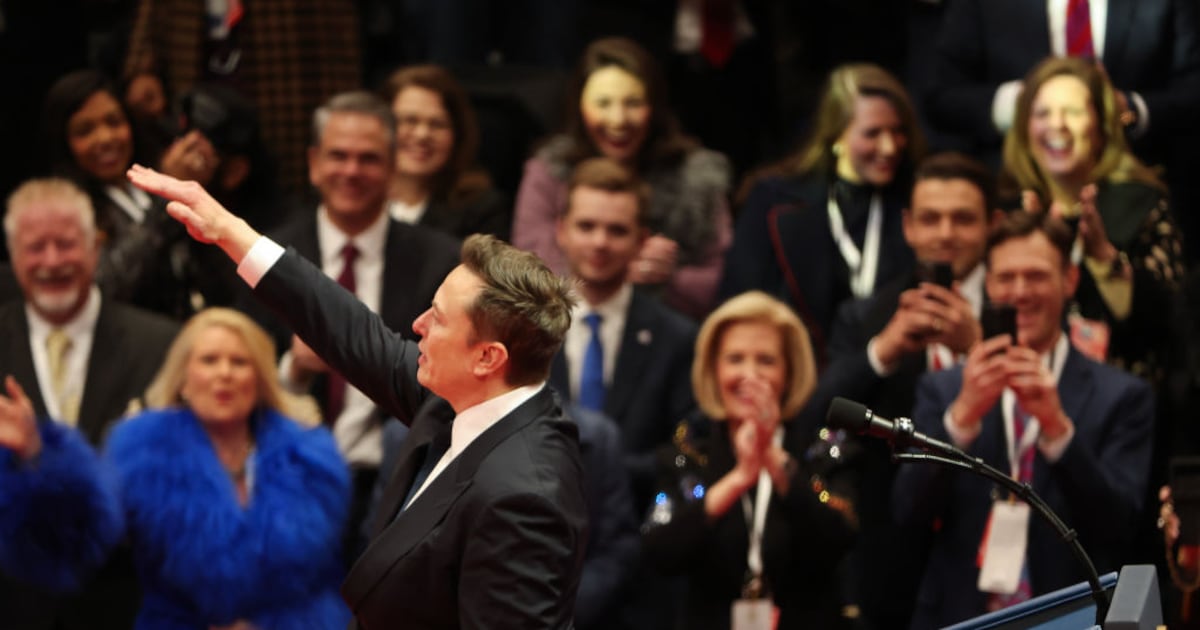The Democratic Party’s House campaign arm raised money from one of Washington’s premier defense-industry lobbyists just months after he signed two new clients: a leading firearms manufacturer and the government of the United Arab Emirates.
The Democratic Congressional Campaign Committee received $26,250 in “bundled” contributions last month from Michael Herson, the chief executive and co-owner of American Defense International, according to a Federal Election Commission filing on Monday.
Through ADI, Herson lobbies on behalf of leading defense contractors including Raytheon, General Dynamics, and BAE Systems. In January, he also signed Sig Sauer, a German firearms manufacturer for which Herson will attempt to secure military contracts from the U.S. and other nations, according to disclosure forms.
Last summer, Herson and ADI signed up to provide “strategic consulting and government relations advice” to the UAE’s embassy in Washington, D.C., including efforts to maintain U.S. military aid. ADI has also sought to bolster the case for military intervention in Yemen, where Emirati forces have joined a Saudi-led coalition in battling Houthi rebel forces that deposed the country’s government in 2015.
Such clientele potentially puts Herson’s lobbying goals at odds with some of the Democratic Party’s goals on key policy issues. Herson’s work for the UAE took place even as House Democrats advanced a resolution, eventually vetoed by President Donald Trump, calling for an end to U.S. involvement in Yemen.
Herson’s work for Sig Sauer does not appear geared toward affecting federal gun-control laws. But such laws are high on Democrats’ policy agenda, naturally putting that agenda at odds with companies whose products they’re hoping to more heavily regulate—or ban entirely.
The committee didn’t respond to questions about how its new cash infusion from Herson in particular might put its financial base at odds with the party’s left flank.
The DCCC’s fundraising this year has rankled some progressives, with critics directing particular ire toward the industry clients of some of the committee’s top bundlers. Its fundraisers this year have also included a number of lobbyists representing the health-care industry, which Democrats’ left flank hopes to upend with plans for “Medicare for All” or single-payer health care.
The DCCC itself has become a flashpoint in the party’s widening ideological divide. It’s drawn fire from Democratic rising stars such as New York Rep. Alexandria Ocasio-Cortez, who called efforts to hobble primary challengers to Democratic incumbents “extremely divisive & harmful to the party.”
The committee also recently faced criticism from progressives for its support of Rep. Dan Lipinski, a moderate Democrat from Illinois whose re-election bid the DCCC is fully backing in spite of some policy positions that run counter to the party’s leftward-shifting ideological center of gravity.
The DCCC counters that its primary mission is not strictly ideological, but simply to elect and re-elect House Democrats. To do so, it’s tapped a formidable base of corporate cash this year. Corporate political action committees have donated more than $2 million to the group, and lobbyists have bundled another $1.3 million.






